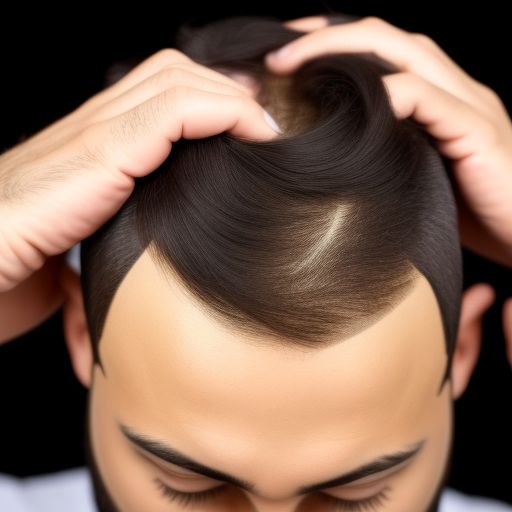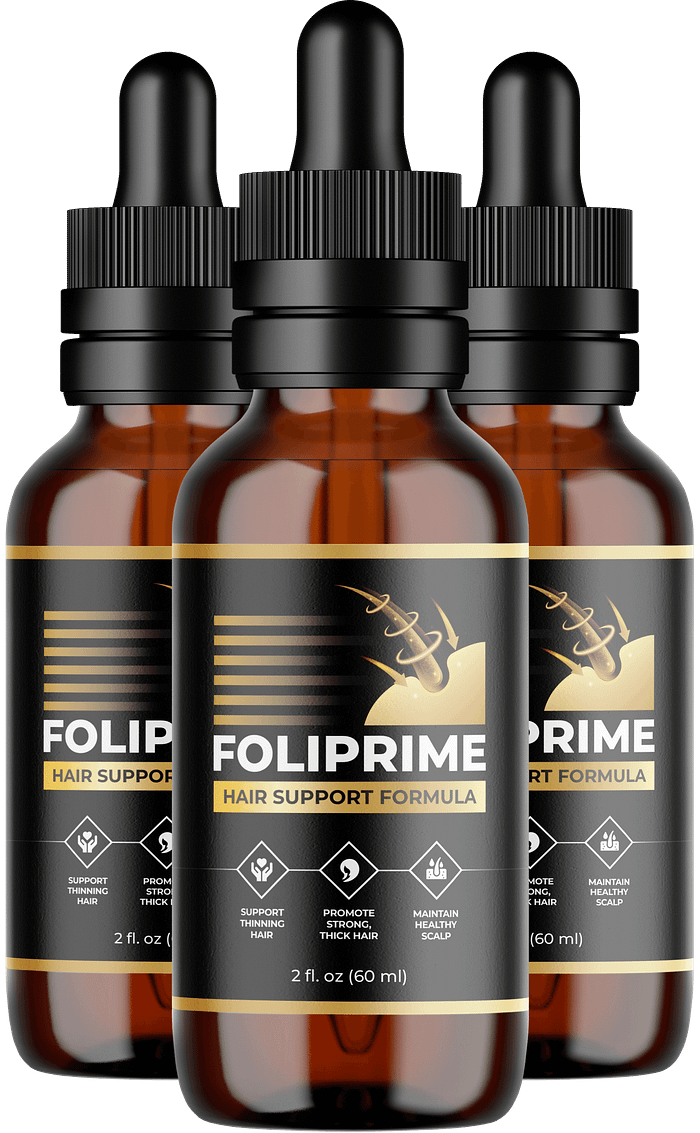The Causes and Risk Factors of Hair Loss


Hair loss is a common problem that affects both men and women. There are many causes and risk factors that contribute to hair loss. Understanding these factors can help you prevent hair loss and maintain healthy hair. In this post, we will explore the causes and risk factors of hair loss, as well as strategies for preventing it.
Factors Affecting Hair



The health of your hair is affected by many factors, including:
- Hormonal Changes — Hormonal changes can affect hair growth and lead to hair loss. For example, changes in estrogen levels can cause hair loss in women during menopause.
- Genetics — Genetics plays a significant role in hair loss. If your family has a history of hair loss, you are more likely to experience it.
- Aging — As we age, our hair naturally becomes thinner and weaker, leading to hair loss.
- Medical Conditions such as thyroid disorders — Medical conditions like thyroid disorders, alopecia areata, and lupus can cause hair loss.
- Nutritional Deficiencies — Nutritional deficiencies, such as iron, zinc, and vitamin D deficiencies, can affect hair growth and cause hair loss.
- Stress — Stress can lead to hair loss by causing changes in hormone levels and reducing blood flow to the scalp.
- Medications — Some medications, such as chemotherapy drugs, can cause hair loss.
- Hairstyles that Pull on the Hair — Hairstyles that pull on the hair, such as tight braids or ponytails, can cause hair loss.
- Chemical Treatments — Chemical treatments, such as hair dye and relaxers, can damage hair and cause hair loss.
- Environmental Factors such as Pollution and Exposure to UV Radiation — Environmental factors, such as pollution and exposure to UV radiation, can damage hair and lead to hair loss.
Causes of Hair Loss
There are several causes of hair loss, including:
- Androgenetic Alopecia — Androgenetic alopecia, also known as male or female pattern baldness, is the most common cause of hair loss. It is a genetic condition that affects both men and women.
- Telogen Effluvium — Telogen effluvium is a condition where a large number of hairs enter the resting phase of the hair growth cycle and fall out. It can be caused by stress, hormonal changes, or nutritional deficiencies.
- Alopecia Areata — Alopecia areata is an autoimmune condition that causes hair loss in patches.
- Traction Alopecia — Traction alopecia is caused by hairstyles that pull on the hair, such as tight braids or ponytails.
- Trichotillomania — Trichotillomania is a mental health condition that causes people to pull out their hair.
Preventing Hair Loss

While some causes of hair loss cannot be prevented, there are strategies you can use to reduce your risk of hair loss. Here are some tips:
- Maintain a Healthy Diet — Eating a healthy diet that is rich in vitamins and minerals can promote hair growth and prevent hair loss. Some nutrients that are essential for healthy hair include iron, zinc, and biotin.
- Reduce Stress — Managing stress can help prevent hair loss. Try relaxation techniques such as yoga, meditation, or deep breathing exercises.
- Avoid Harsh Chemicals — Avoid using harsh chemicals on your hair, such as hair dye and relaxers. These chemicals can damage hair and cause hair loss.
- Choose Gentle Hairstyles — Avoid hairstyles that pull on the hair, such as tight braids or ponytails.
- Get Enough Sleep — Getting enough sleep is essential for healthy hair growth. Aim for seven to eight hours of sleep each night.
- Treat Medical Conditions — If you have a medical condition that is causing hair loss, such as a thyroid disorder, treating the condition may help prevent further hair loss.
- Use Gentle Hair Care Products — Use gentle hair care products that are free of harsh chemicals and sulfates.
- Protect Your Hair from Environmental Factors — Protect your hair from environmental factors, such as pollution and UV radiation, by wearing a hat or using a hair protectant spray.
- Talk to a Doctor — If you are experiencing hair loss, talk to your doctor. They can help you identify the cause of your hair loss and recommend treatment options.
Conclusion
Hair loss can be a distressing experience, but there are strategies you can use to prevent it. Understanding the causes and risk factors of hair loss can help you take steps to protect your hair and maintain healthy hair growth. By maintaining a healthy diet, managing stress, avoiding harsh chemicals, and protecting your hair from environmental factors, you can reduce your risk of hair loss and promote healthy hair growth. If you are experiencing hair loss, talk to your doctor about your options for treatment.
here are some proven products for consideration:
FOLIFORT — Revitalize your hair
Our new formula contains several active ingredients such as antioxidants and minerals that protect your scalp from irritation and work to rejuvenate your follicles at the root.

Foliprime — Every bottle is made here, in the USA, in our FDA approved and GMP certified facility, under sterile, strict and precise standards. The FoliPrime dropper is natural and pure. You can rest assured that they do not contain any dangerous stimulants or toxins.

Tressanew- As much as we’d like to say yes, TressAnew is not for women who suffer from alopecia, female pattern baldness, or other medical conditions that affect your hair. We suggest that you address those issues with your health care professional.

Comments
Post a Comment